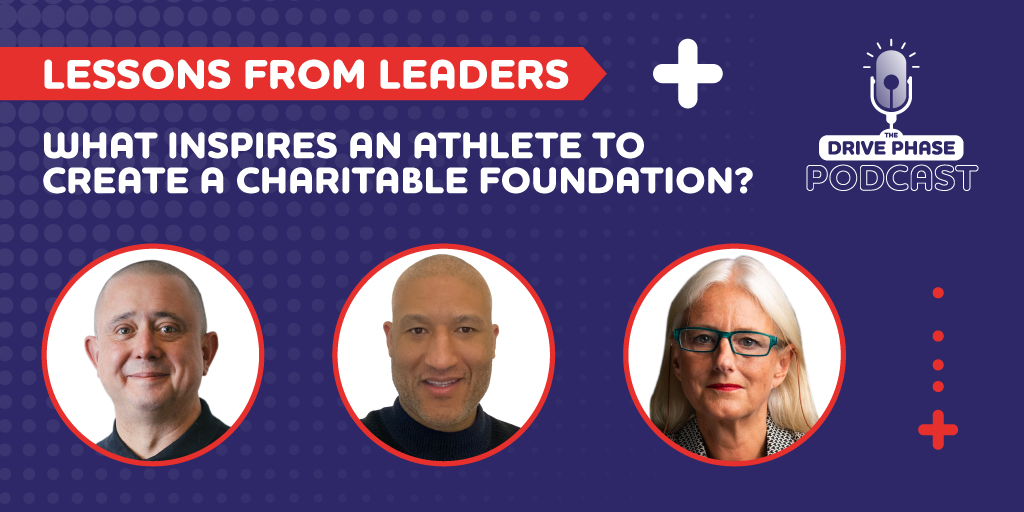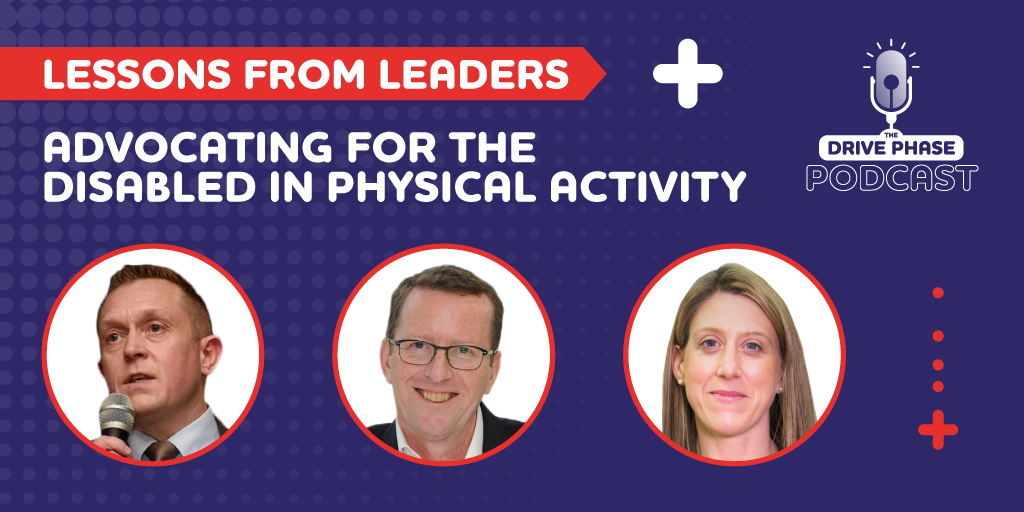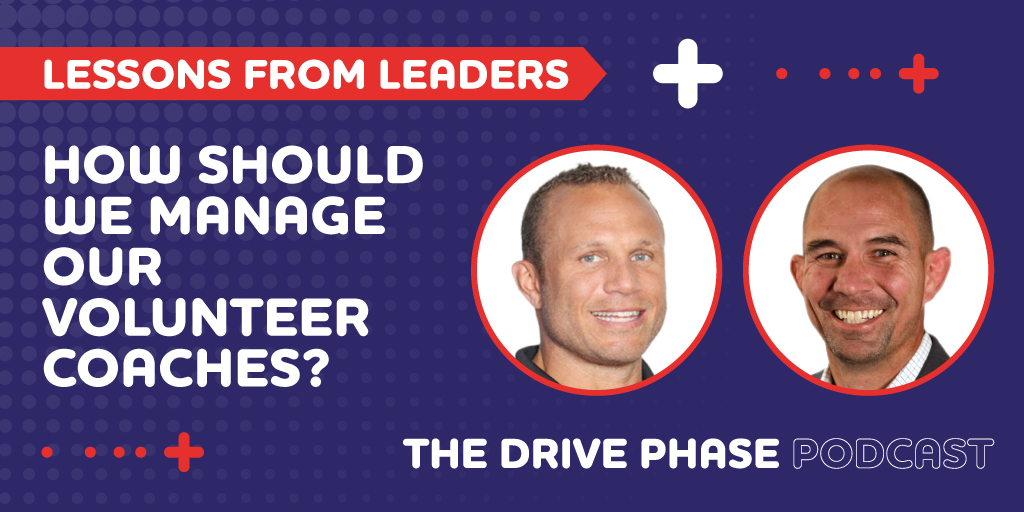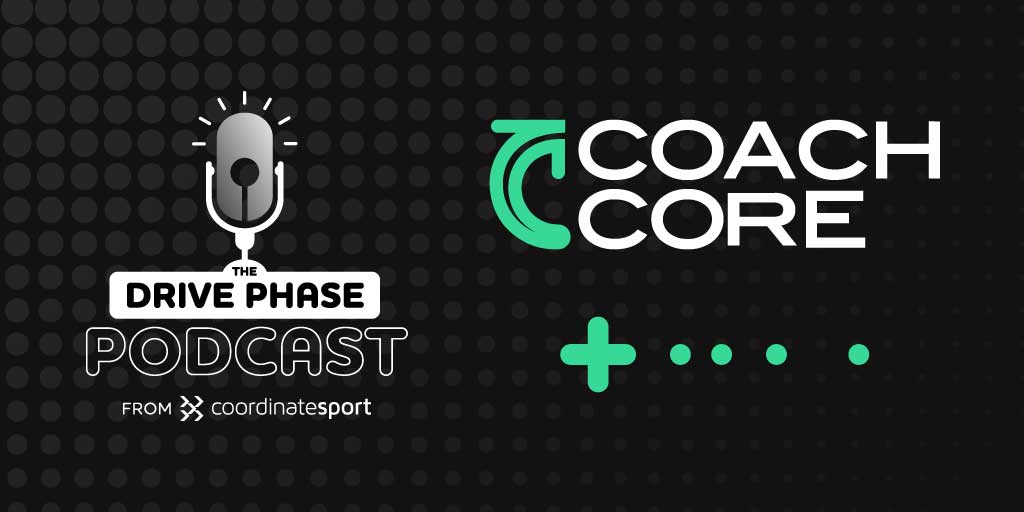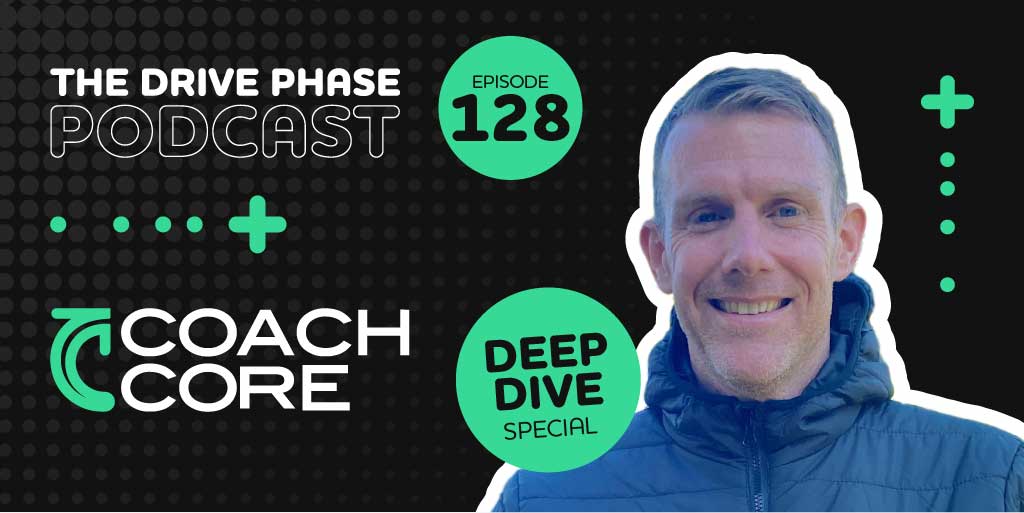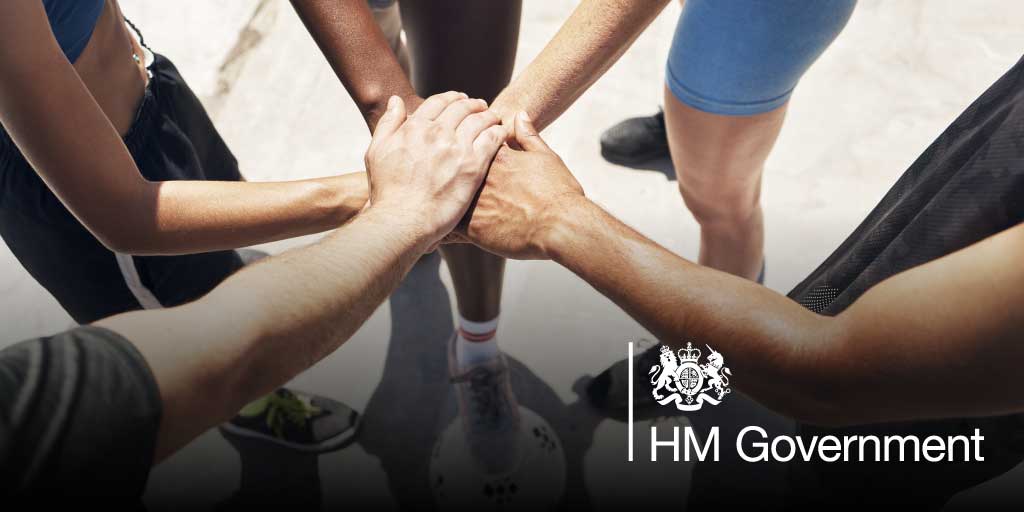The athletes that develop charitable foundations often have a particular idea at the root. To use their brand to secure funding for projects that could help people like them excel in life, whether it’s education, employability or mental health, they channel their own personal brands to create a better future for their participants.
But what helps them secure their funding? Read on to find out…
Creating a wide athlete network
The Dame Kelly Holmes Trust is a passion project right up to its namesake athlete. Kelly’s life was no easy street. She struggled in a single-parent household, often finding herself in care and behind at school. It was sport (and a special teacher) that helped her become the world-class Olympic gold medallist we know today.
The Trust was set up to marry the two things she could not do without. Creating a safe space for programmes that can inspire young people and using athlete mentors that would give athletes new value and identity whilst they transitioned out of sport.
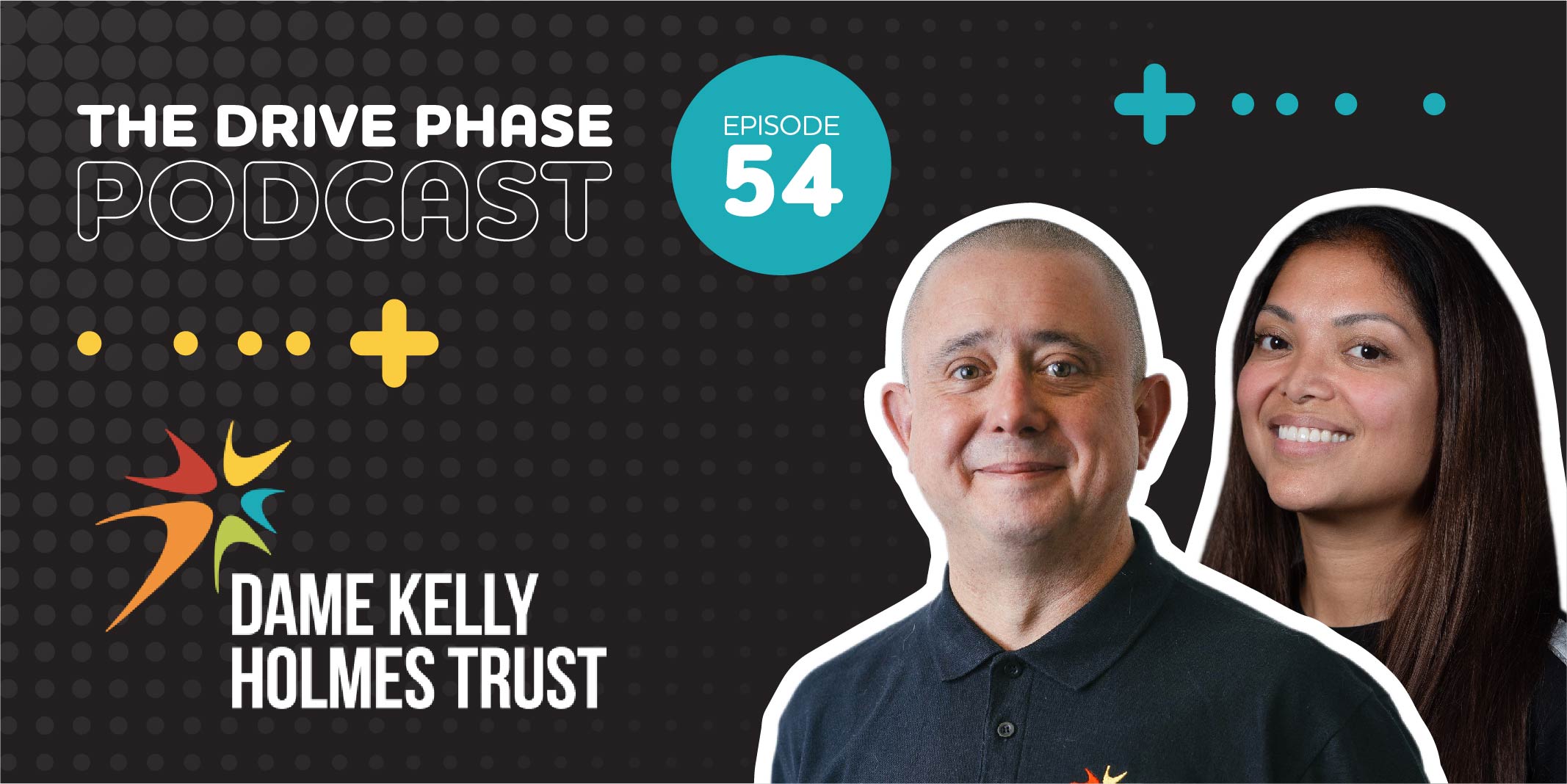
Ben Hilton, CEO of the Dame Kelly Holmes Trust, spoke to James about how their athlete mentors use their experiences:
“[Kelly] wanted to harness those really unique experiences that athletes have in terms of growth, mindset, resilience and dealing with setbacks….to unlock the potential in young people. But also to provide a safe space for athletes to find a new identity beyond sport…”
Like many charities, securing funding means having multiple income streams. But the creativity of DKHT is their wide network of athletes and the work. This is what helps them diversify their funding opportunities. Helping get children back into school or on the employment track offers bags of social impact to their partners.
Getting past the ‘big’ name
When Andrew Ducille joined The Drive Phase podcast, the Rio Ferdinand Foundation was hitting its 10th year as a charity. The organisation founded by Rio himself was much more than a programme of sport. They worked in key areas of social depravity in Manchester and London to get kids back on track (or pitch!).
Through COVID and beyond, they have been tackling unemployment for young people. Giving back to the community that raised him was close to his heart, having been in youth work himself growing up. Across London and Manchester, one of the key areas for them has been the high levels of youth unemployment.
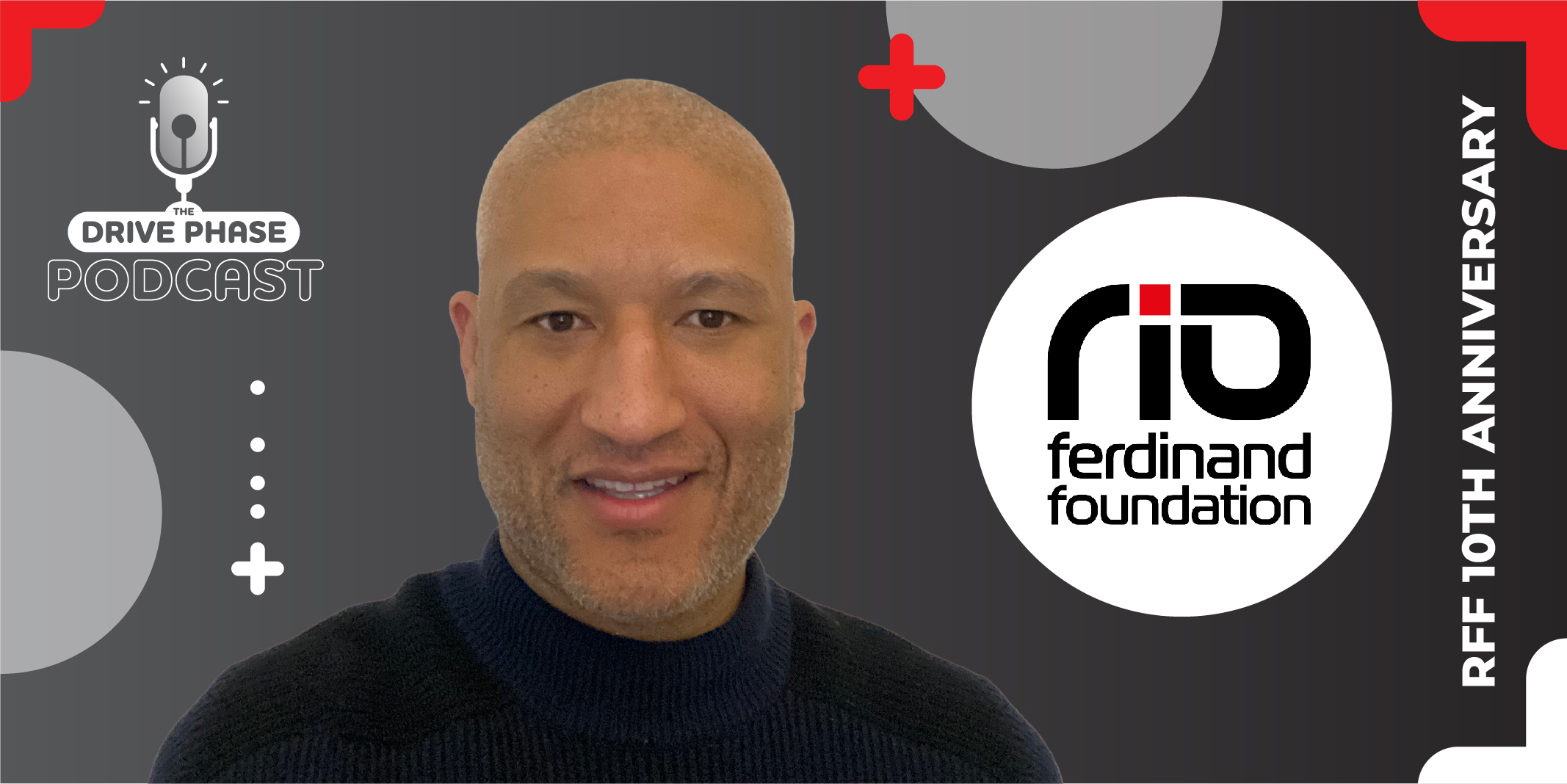
Andrew Ducille, Head of Programmes at the Rio Ferdinand Foundation, discussed their focus on education:
“When [Rio] started the foundation, we worked in strategic areas of Manchester where he’s best known for his football and in London, where he grew up. It’s all been about using his brand to create opportunities for young people that link them with better education and progress in a safe space.”
With a big name like Rio Ferdinand, everyone thinks when it comes to charity, you must be rolling in it. But like any charity, funding comes with hard work and graft.
“Of course, Rio puts in some money, but we are always looking for funding partners as well. Often, we’re looking for partners that can help us react to what we see happening in the community. We’re always in discussions for pots of money or looking to partner up with other organisations to provide sessions or share funding opportunities.”
Being creative to get results
Dallaglio RugbyWorks was founded by Rugby player Lawrence Dallaglio in 2008 after he retired. The charity was designed to tackle kids falling away from mainstream education and being written off. They can develop and map their skills and grow in confidence through the programmes.
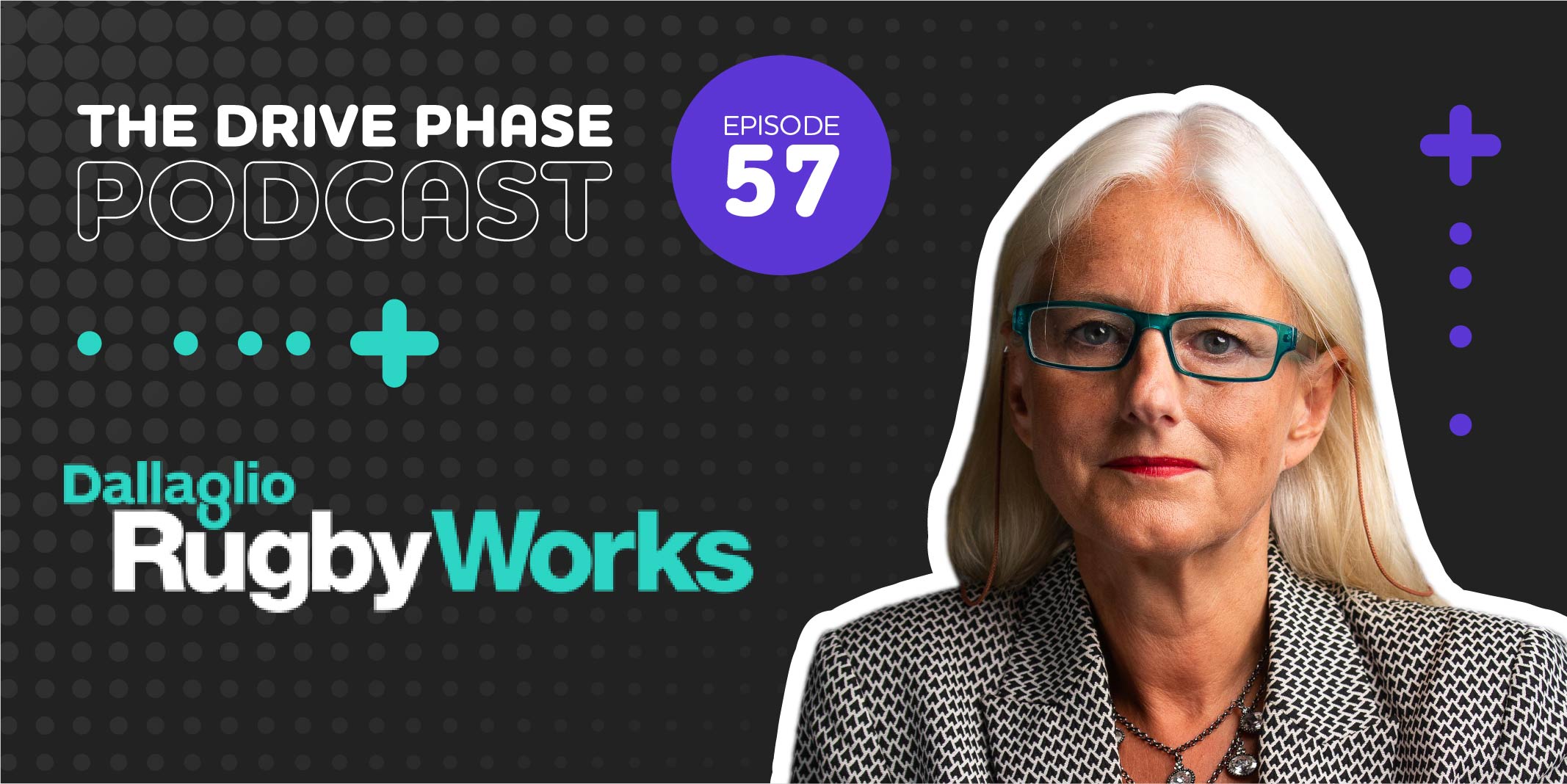
Zenna Hopson, CEO of Dallaglio RugbyWorks, talked about changing the conversation around exclusion on The Drive Phase podcast:
“Our reason to get out of bed in the morning is working with children who have been failed by mainstream education. They are those sitting in a portacabin at the end of the field in internal exclusion or those permanently excluded in PRUs. We help them where mainstream education couldn’t.”
And there is good reason to invest. Without help, the chances of getting into employment or training post-18 decrease to 56%. However, through their sport and rugby programmes, their team has seen nearly 100% of their participants transition successfully. Through programmes of sport and rugby, this charity is working to level the playing ground.
D’allaglio RugbyWorks used seed funding to develop an app that is uniquely centred on employability skills. For many of the children and young people who are internally or permanently excluded, problems start at home. They used that funding to help young people map the skills to show them and any partners just how great these kids could be.
To hear more about these football activity programmes, check out The Drive Phase podcast! Host James Moore sits down with the movers and the shakers of the sector to find out just how transformative the industry really is. Listen and subscribe anywhere you get your podcasts.
